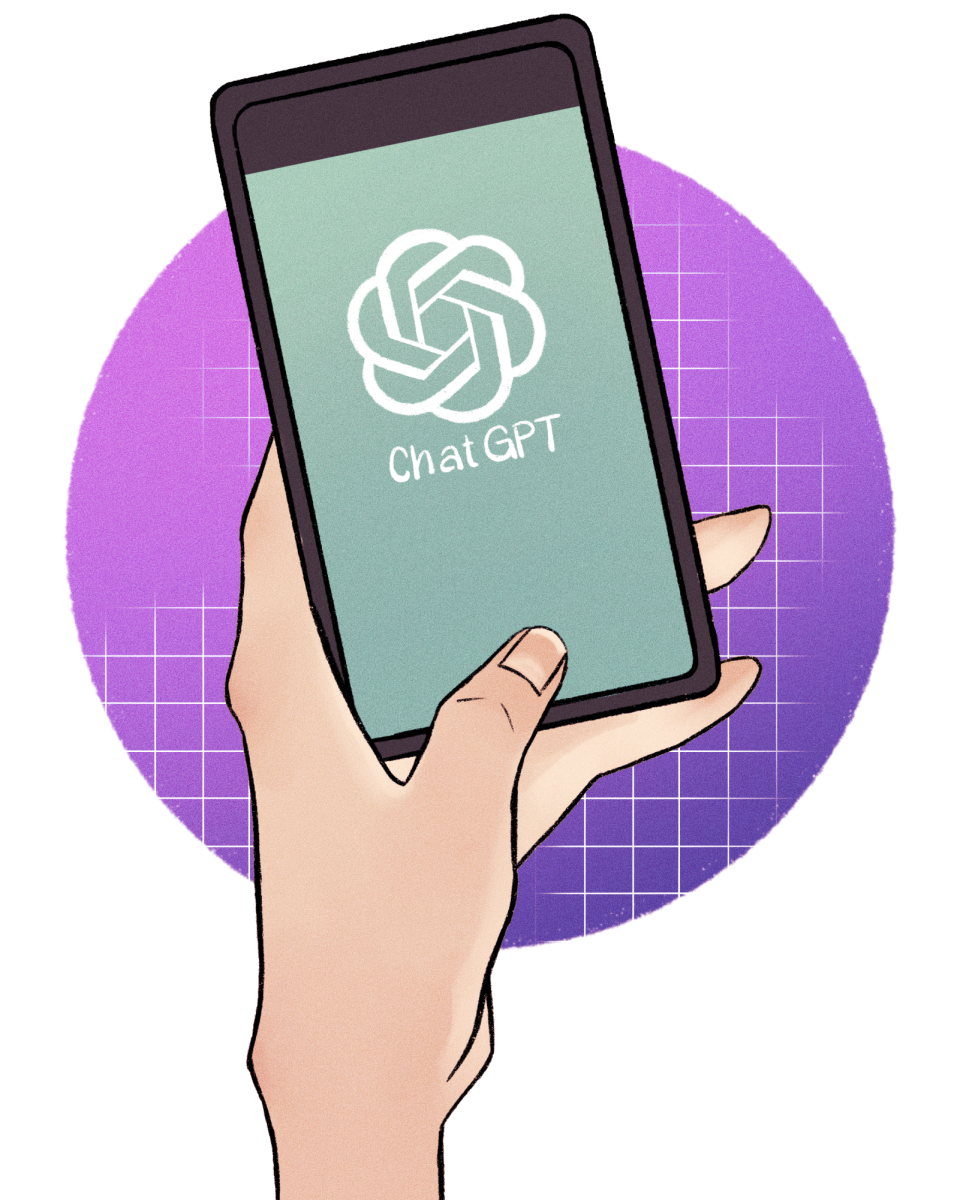“Thanks for verifying your student status! You can now claim two free months of ChatGPT Plus,” is what someone would see in their email if they clicked one of the many ads online, signed up for OpenAI’s ChatGPT and waited approximately five seconds for the site’s verification process to cross check their name with a database of college students.
ChatGPT, which has become a popular AI tool since its creation in 2022, is now offering its “Plus” version for free until the end of May, OpenAI announced in a press release given to the Texan on April 2.
The “Plus” version, which normally costs $20 a month according to OpenAI’s website, allows students to access a number of features unavailable in the free version, including a higher number of uses for its image generation, data analysis and text-to-voice options.
“Their marketing is kind of great, I would say spot on, especially since it’s closer to final(s) season,” mathematics junior Odette Saenz said. “They’re definitely going to get more users, especially since they actually just opened it up, from my understanding, to college students.”
According to a statement shared via email by OpenAI’s communication office, a quarter of ChatGPT messages are from 18 to 24 year-olds and are “school-related,” which include starting essays, explaining concepts and creating project ideas. The access to the “Plus” services extends into and past the UT finals season, which ends on May 5.
The offer comes as UT students and faculty have reckoned with the role of AI in curriculum. Multiple writing professors include an explicit ban of the use of AI generation in their syllabi, and the issue also came up during a Faculty Council meeting last month as the Flag Review Committee discussed new mechanisms for adding AI literacy to course curriculum.
English professor Carol MacKay said the use of AI in the writing process differed from what students would learn in an ideal English course.
“For those students, writing requirements have perhaps been just that, a requirement that they had to meet, and they didn’t particularly care about its outcome,” MacKay said. “I would speak to them in terms of saying that they’re missing something. They’re missing what I think college should be all about, but I might recognize that they’re also just trying to meet the qualifications that they need for a particular profession.”
Nadia Azib, a visiting researcher who studies ChatGPT’s use for diagnosing medical conditions based on given symptoms, said she does not trust the model for research.
“It’s great, I have used it a lot for rewriting or coming up with something, or just trying to give me ideas and stuff, but when I ask it a question, I don’t assume it’s a fact,” Azib said. “I still have to research myself if it’s true or not.”
Saenz, who is working on projects concerning machine algorithms in her mathematics courses, said she did not think using ChatGPT would be useful for learning her coursework in the long run.
“We all have a different track when it comes to college, but at the end of the day, it is your education, it is time (that) can be well spent, and all the input that you put into your work it’s gonna benefit you,” Saenz said. “If you decide to use that tool to allow you to advance in your courses, sure, go ahead, but in the long term it may just affect you.”















